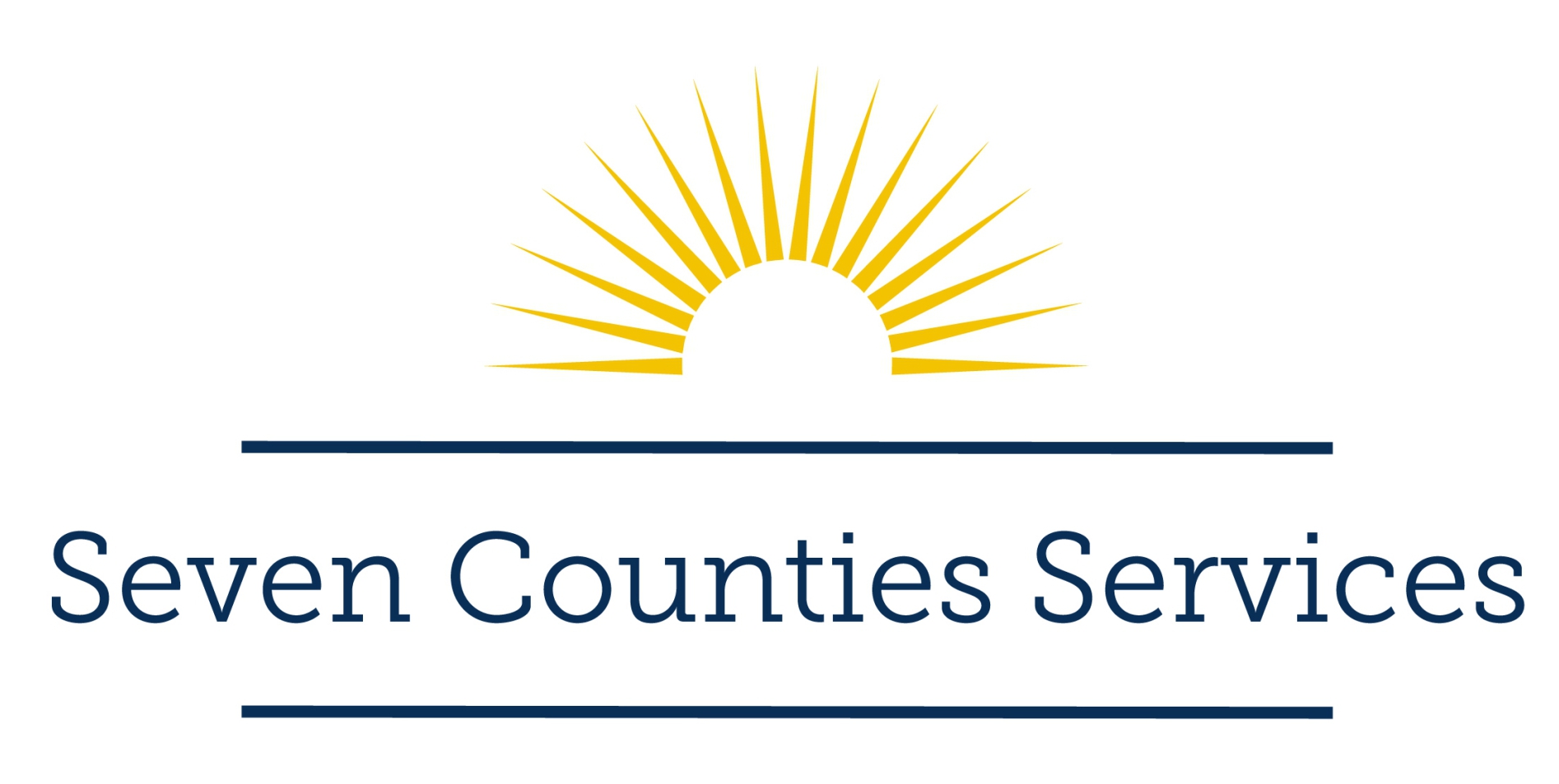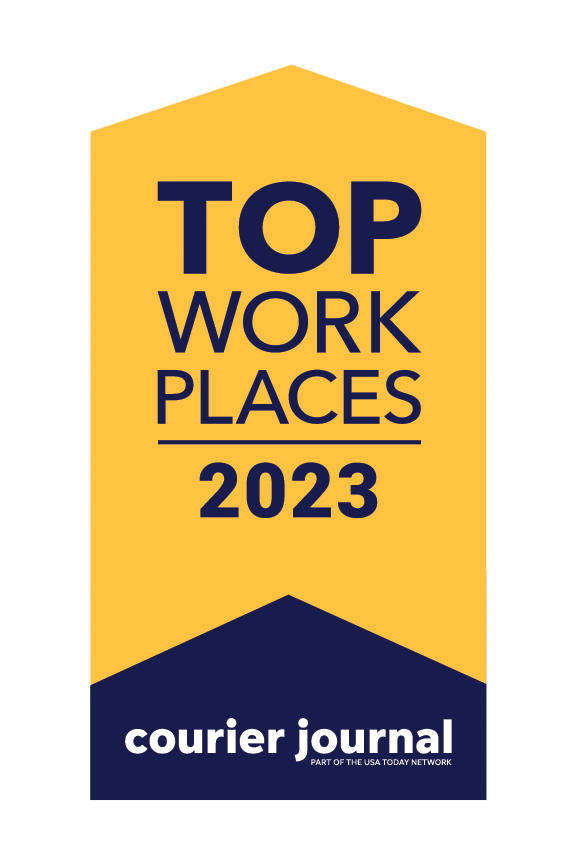Depression Types, Signs & Symptoms
Depression is a disorder of the brain. It is a serious mental illness that is more than just a feeling of being “down in the dumps” or “blue” for a few days. For more than 20 million people in the United States who have depression, the feelings persist and can interfere with everyday life.
Types of Depression
Types of depression include:
Major Depressive Disorder: Also known as clinical depression, is where people feel that a consistent dark mood is consuming them. It can inhibit daily functions and cause them to lose interest in activities that usually provide them pleasure.
Persistent Depressive Disorder: Refers to when a low mood lasts for two or more years in adults and at least one year in children and adolescents. A person with this disorder may experience episodes of major depressive disorder along with periods of less severe symptoms where they are typically able to function day-to-day.
Postpartum Depression: Affects women after having a baby. It causes intense, long-lasting feelings of anxiety, sadness, and fatigue, making it difficult for mothers to care for themselves and/or their babies, as well as handle daily responsibilities.
Psychotic Depression: A form of depression with psychosis that comes when people get very depressed, such as delusions and/or hallucinations.
Seasonal Affective Disorder: Associated with changes in seasons. This form of depression usually occurs during the fall and winter months when there is less sunlight.
Bipolar Disorder: Different than depression, a person diagnosed with bipolar disorder can experience episodes of major depression.
Signs and Symptoms of Depression
Not everyone who is depressed displays all possible signs and symptoms. Some people experience only a few symptoms, while others experience many. Those associated with depression interfere with day-to-day functioning and cause significant distress for the person experiencing them. The National Institute of Mental Health recognizes the following signs and symptoms of depression:
- Persistent sad, anxious, or “empty” mood.
- Feelings of hopelessness or pessimism.
- Feelings of irritability, frustration, or restlessness.
- Feelings of guilt, worthlessness, or helplessness.
- Loss of interest or pleasure in hobbies and activities.
- Decreased energy, fatigue, or feeling slowed down.
- Difficulty concentrating, remembering, or making decisions.
- Difficulty sleeping, waking early in the morning, or oversleeping.
- Changes in appetite or unplanned weight changes.
- Physical aches or pains, headaches, cramps, or digestive problems that do not have a clear physical cause and do not go away with treatment.
- Thoughts of death or suicide or suicide attempts.
Treatment Through Seven Counties Services
If you or someone you know experience signs or symptoms of depression and they persist or do not go away, Seven Counties Services can help. Living with depression can be lonely, but we want you to know that you’re not alone! People are working right now who care about you and want to support you. Get started today by calling (502) 589-1100 or completing an online appointment request. For immediate help, the 988 Suicide & Crisis Lifeline is available 24/7 to provide free and confidential emotional support.
Reviewed by Jean Romano, LPCC‑S, the Vice President of Adult Services at Seven Counties Services.




